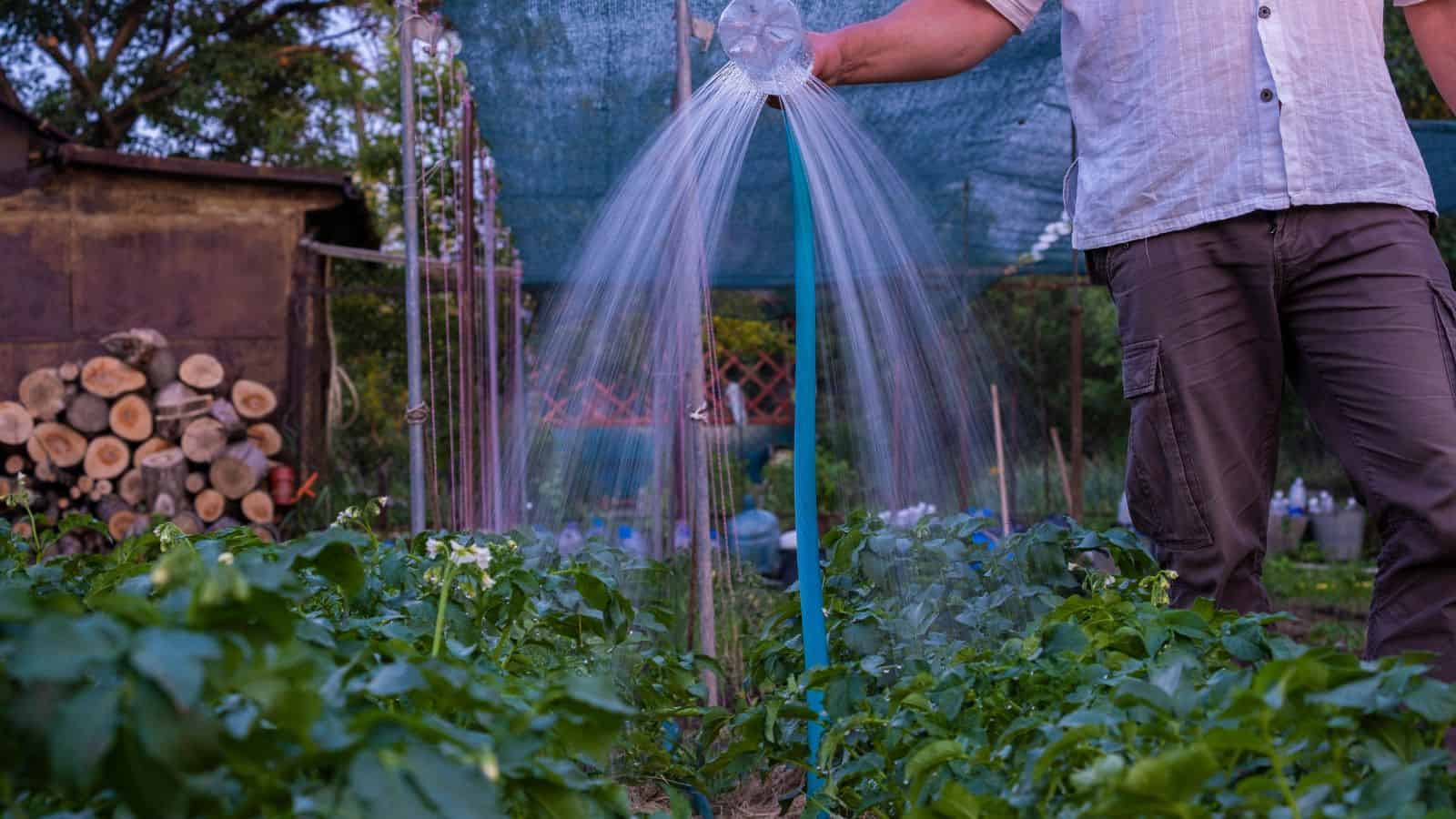A zero-waste garden aims to minimize waste by reusing, recycling, and composting materials. This approach not only benefits the environment but also enhances the health and sustainability of your garden. Here are four tips and tricks to help you create a zero-waste garden.

1. Composting
Composting is a cornerstone of zero-waste gardening. By composting kitchen scraps, yard waste, and other organic materials, you can create nutrient-rich compost that enriches your soil and reduces the need for chemical fertilizers.
Composting Tips:
- Compost Bins: Use a compost bin or create a compost pile in your garden. Ensure it is well-ventilated and turned regularly to speed up decomposition.
- Compostable Materials: Add a mix of green (nitrogen-rich) and brown (carbon-rich) materials to maintain a balanced compost pile.
- Avoid: Avoid composting meat, dairy, and oily foods, as they can attract pests and slow down the composting process.
2. Reusing and Recycling
Reusing and recycling materials in your garden can significantly reduce waste. Look for creative ways to repurpose items that might otherwise be discarded.
Reusing Tips:
- Containers: Use old containers, pots, and even household items like buckets and cans as plant pots.
- Garden Structures: Repurpose wood, metal, and other materials to build garden beds, trellises, and supports.
- Watering Cans: Convert old bottles and jugs into watering cans or irrigation devices.
3. Mulching
Mulching helps conserve moisture, suppress weeds, and improve soil health. Using organic mulch materials like grass clippings, leaves, and straw can reduce garden waste and enhance your garden’s sustainability.
Mulching Tips:
- Materials: Use grass clippings, shredded leaves, wood chips, or straw as mulch.
- Application: Apply a thick layer of mulch around your plants, but keep it away from the stems to prevent rot.
- Benefits: Mulching not only reduces waste but also provides numerous benefits for your plants and soil.
4. Water Conservation
Conserving water is a key aspect of zero-waste gardening. Implementing efficient watering practices can reduce water waste and ensure your plants receive the moisture they need.
Water Conservation Tips:
- Rainwater Harvesting: Collect and store rainwater to use for watering your garden.
- Drip Irrigation: Use drip irrigation systems to deliver water directly to the roots of your plants, minimizing evaporation and runoff.
- Watering Schedule: Water your plants early in the morning or late in the evening to reduce water loss due to evaporation.
By following these tips and tricks, you can create a zero-waste garden that is both environmentally friendly and sustainable. Embracing these practices will not only reduce waste but also promote a healthier and more productive garden.
